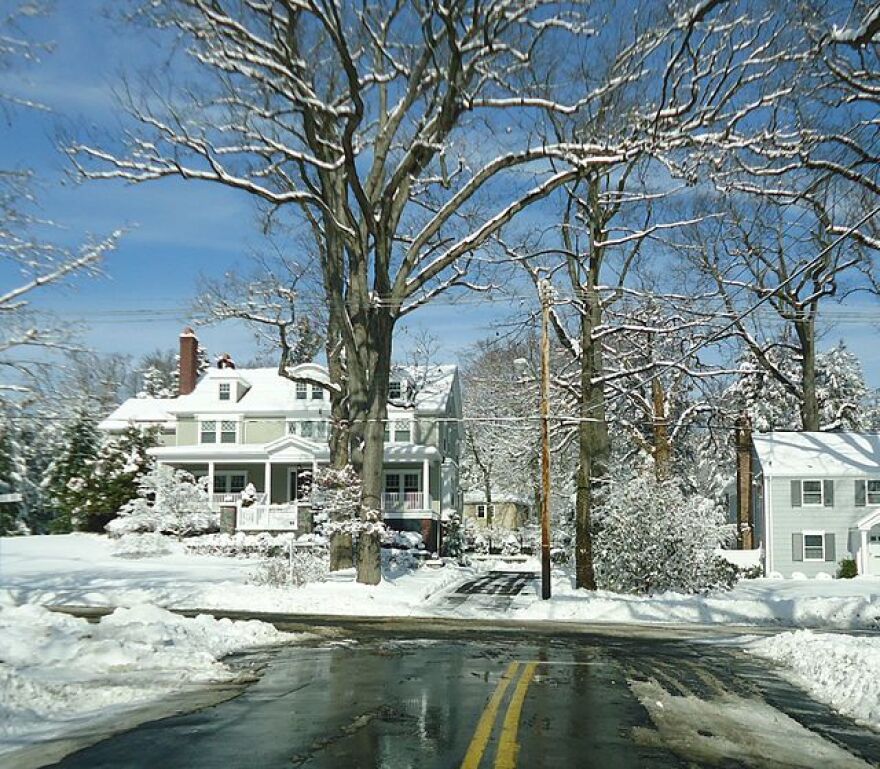The word ‘Autumn’ has a chilling sound. Labor Day was one thing, but this is official, or at least astronomical. The sun has slipped over the equator, tilting us away from its warmth and light. Summer is over. The chilly claws of winter are reaching out for us. Trees will shed billions of leaves, leaving the landscape gaunt and bare, and darkness and cold will come sweeping in. The rich have traditionally escaped to the south in winter. In Europe, they rushed to the Mediterranean or to Italy. Our own local sunbirds, feathered and human, flutter off in the direction of Florida, unable or unwilling to face meteorological reality, and who can blame them?
The rest of us who are left behind will try to ignore that reality and continue to live our lives exactly as before. Everything in modern life conspires to create the illusion that nothing has changed. Thermostats click on and off, keeping our homes at an even 74 degrees. [We will read more, watch more TV, play video games if we are very young, exercise less, and eat much, much more as we prepare for the food ordeals of the coming months. Like most animals, we instinctively build up fat for winter. If we risk stepping outside, we have a heated car. The fruits and vegetables in the supermarket scarcely vary. We have eliminated the natural seasons, leaving only the commercial seasons.
We are trying to convince ourselves, with some success, that we are not actually living on a ball of rock spinning and wobbling in an infinite freezing void, but in a kind of huge indoor shopping mall open 24/7. Only a few farmers, vineyard owners and mariners study the sky and work according to the seasons, but they are obviously off-message.
Poets have strong feelings about autumn, pro and con. Keats famously called it “Season of mists and mellow fruitfulness,” which sounds lovely. Shakespeare wrote of “Teeming autumn, big with rich increase” – which seems to augur well for the stock market. But perhaps William Cullen Bryant was more on the mark when he wrote of autumnal days as “The Melancholy Days, the saddest of the year.”
Some people, I suppose, must look forward to winter: ski instructors, heating oil salesmen, rheumatologists, sellers of cold remedies, snow blowers, and fur-lined boots, and animals that hibernate. This is their time. The retail trade can look forward to the twin sales bonanzas of Halloween and The Holidays. The threat of global warming must have been very worrying for all those enterprises that flourish in the months of darkness and cold. It will be a great relief to them that the EPA has declared that catastrophic global warming does not exist, or at least not in America, so winter will be no warmer than usual. Those of us who suffer from winter-phobia have had to abandon our fantasies.
If the unthinkable happens and the EPA is mistaken about global warming, we may have our mild Floridian winter after all, with the sunshine but without the crocodiles, and lounge on the beach like rich people until next April. It would seem unreal, but at this darkening time of year, a little unreality may be exactly what we need.



